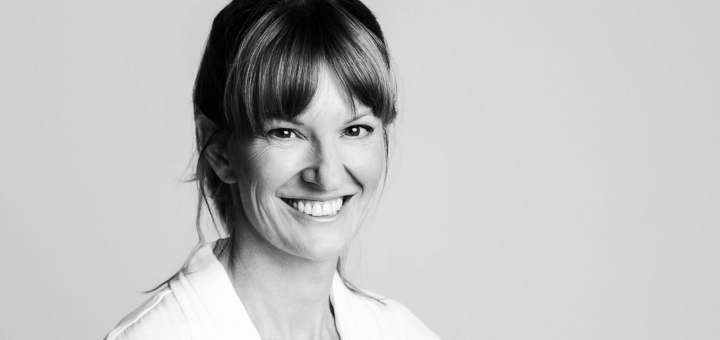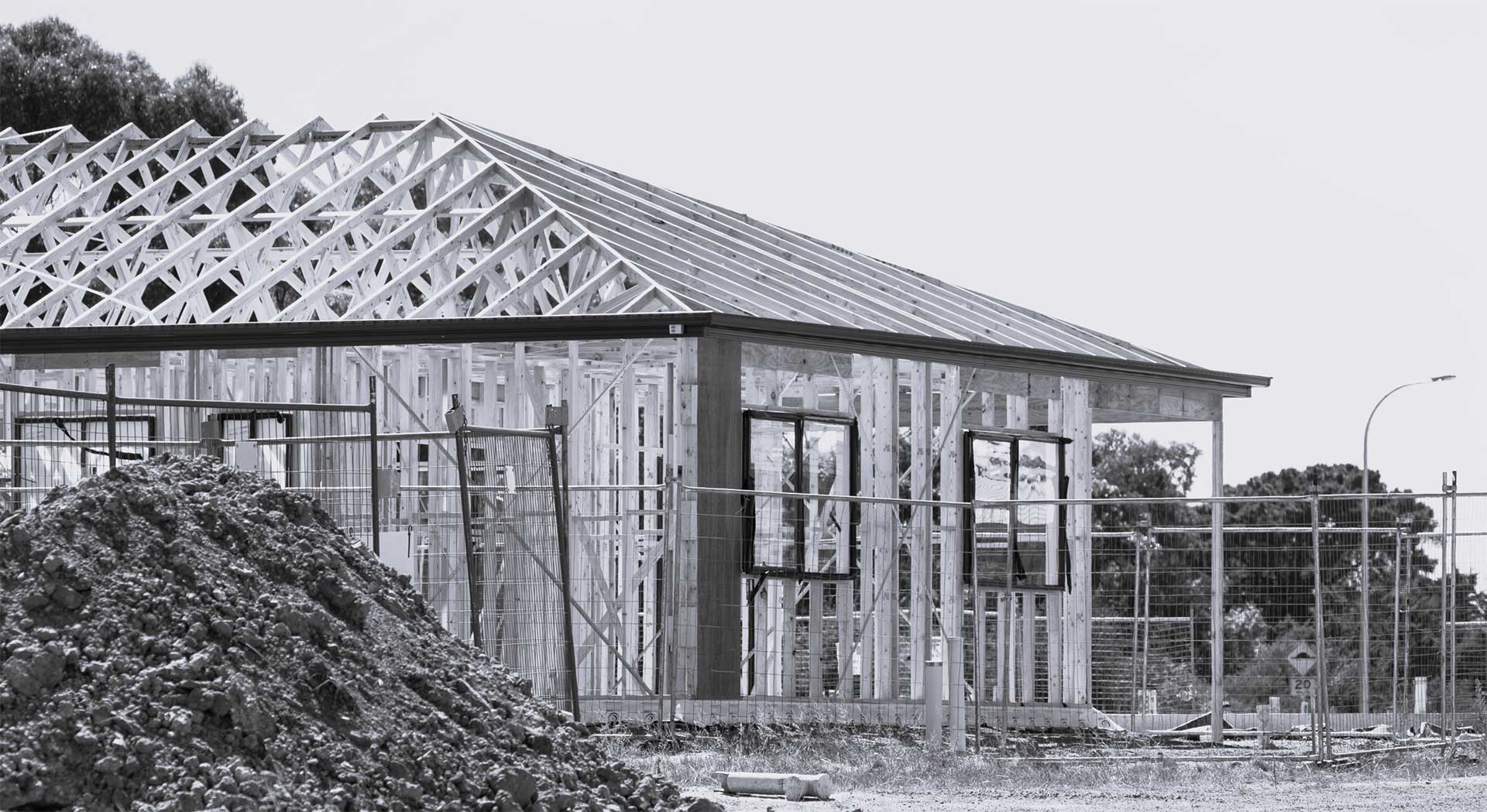On a recent trip to The Netherlands, I spent a day with Saskia Ruijsink, who is an Urban Strategies and Planning Expert, at the Institute for Housing and Urban Development Studies (IHS) located in the Erasmus University, Rotterdam www.ihs.nl.
Saskia is also a former teacher of Keenan Jackson (.id urban economist), who introduced me to Saskia. She kindly spent some time with me in Rotterdam.
I thought I’d share a thank you note I sent Saskia, which outlines many of the things I learnt.
Thank you for the insights (and sights) you shared with me in the Randstad region and more specifically Rotterdam and how it is progressing in its transition to the new economy. I learnt a lot, for which I am grateful.
I learnt about the important role that public social housing plays in the Netherlands; the importance and impact big infrastructure projects have on a city (like big bridges over big rivers and shiny new modern railway stations in city centres) and how they increase the value of land around them and consequently the higher level of developments and activity that occur.
I learnt about the challenges and importance of public-private partnerships, particularly to convert public lands into significant developments using private investors and developers. I experienced the excellent public transport links between Amsterdam, Rotterdam and Utrecht and then the brilliant light rail systems in those cities.
You did mention some frustration felt by commuters with crowded trams and trains during peak hour, but I suppose that is a common trait of successful places. Of note are the hundreds of bicycle riders of all ages for which The Netherlands is famous. Cycling obviously plays such an important role in getting around, even in the height of winter!
I was fascinated to see not one bicycle helmet and to hear your interesting explanation as to why the Netherlands is so safe as a non-helmet cycling place. I found an article in Fast Company that stated, “The Netherlands is just about the safest place to ride a bike anywhere in the world, yet only a handful of people wear helmets. Contrast this with the UK, where helmets are the norm for cyclists, and yet cycling there is six times more dangerous.” The essence of the argument is that “a transport policy that focuses on moving people around, rather than just on moving cars around” is much more important for safety than wearing helmets. I think this article is consistent with your explanation.
I asked you about the nature of the tax system in the Netherlands, thinking that it would be more progressive than is the case. It was previously quite a progressive system that has become less progressive over recent decades, from 70% tax rate for the top income bracket in the 1980s, gradually decreasing to a top rate of 52% by the 2000’s.
I was a little surprised because the values of a progressive society were evident in my experience over a week or so of walking, talking and observing the Dutch people. There seems to be an attitude among the Dutch that reflects respect for each other and a general attitude of social acceptance and tolerance. Although you did point out that the Netherlands has some pressures associated with high levels of migration, as experienced across Europe, reflected in the rise of populism. Nevertheless, I learnt that The Netherlands has the largest share of social housing in the EU, accounting for about 32% of the total housing stock and some 75% of the rental stock in the country!
I mentioned to you how I observed the intensive agriculture occurring between each of the cities in the Randstad region. I was amazed to hear from you that for such a progressive and technologically savvy society, Dutch farming practices created such a large carbon footprint. I looked more closely on my return train trip to Amsterdam via Utrecht only to notice what you meant by this when I saw that much of the cultivation occurred in greenhouses wired up with heat and lights! I’m sure that this type of farming can only occur in an environment of highly subsidized agriculture, which you also confirmed.
Finally, the Amsterdam Schiphol Airport is probably the most efficient and enjoyable international airport experience I’ve ever had; and so accessible from throughout the region.
There’s so much to be learnt from travelling and seeing other places and engaging knowledgeable people who give food for thought and enable different ways of thinking about the problems and opportunities that we all face in our professions and as citizens of other places.









